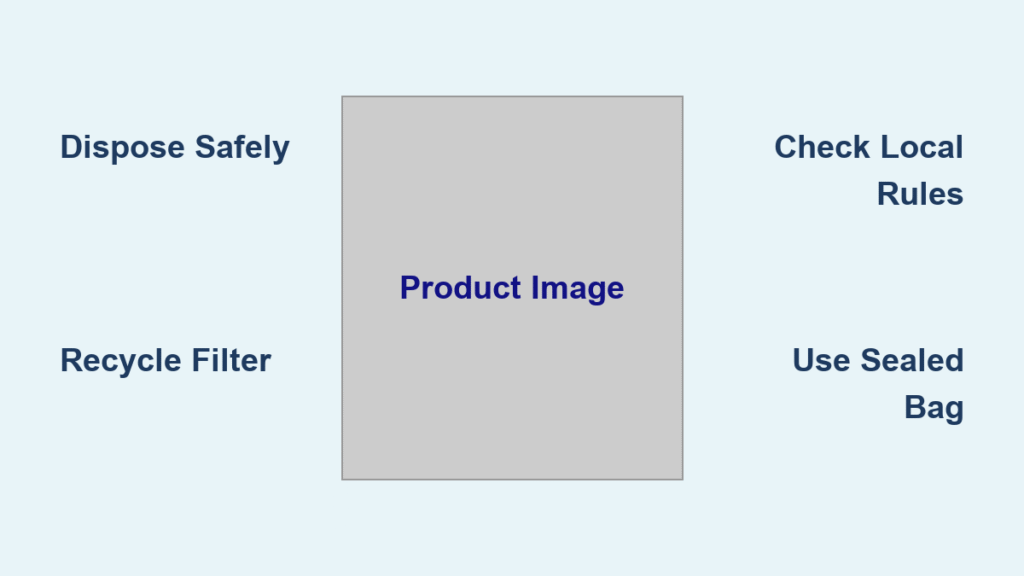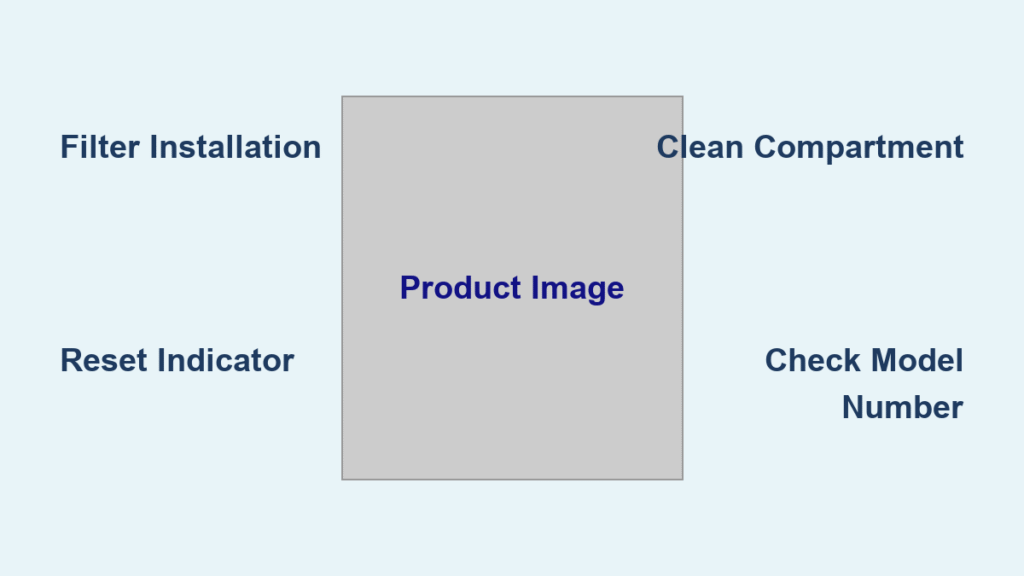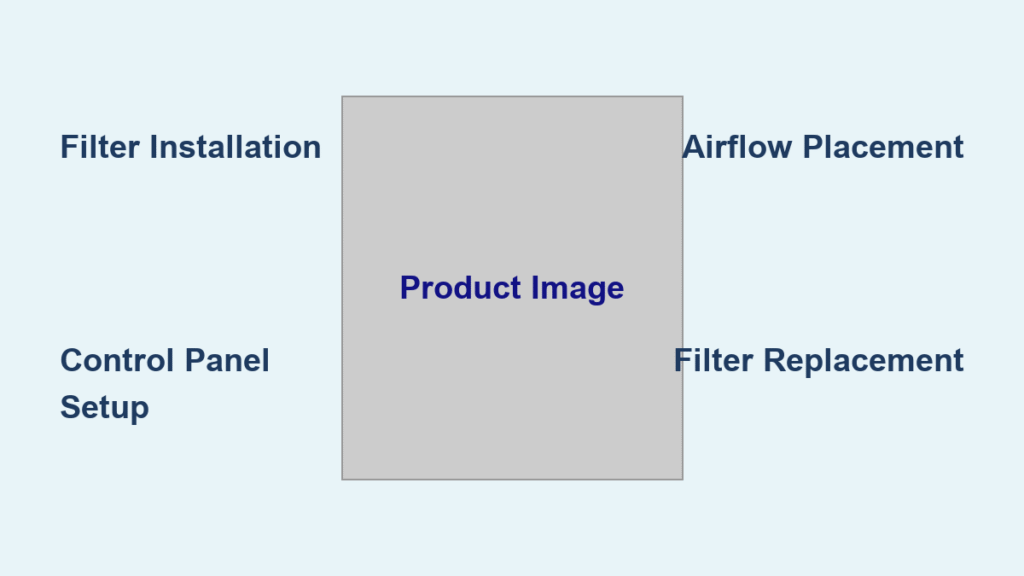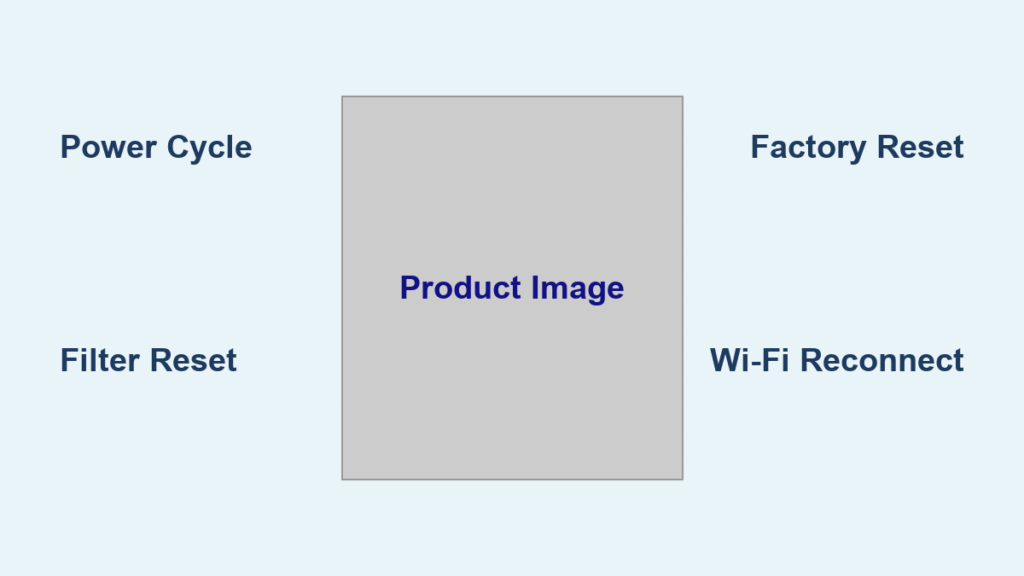Are you wondering how to properly dispose of your used air purifier filter? It’s a common question – you’re diligently cleaning your air, but now you’re left with a potentially hazardous filter and aren’t sure what to do with it. The good news is that responsible disposal is possible, and often surprisingly simple. A quick fix is to check if your filter manufacturer has a recycling program.
This comprehensive guide will walk you through everything you need to know about disposing of different types of air purifier filters, from HEPA and activated carbon to washable options. We’ll cover safety precautions, recycling programs, and environmentally friendly alternatives, ensuring you can maintain clean air without harming the planet. By the end of this article, you’ll be equipped to confidently and responsibly handle your used air purifier filters.
Understanding Your Air Purifier Filter Types

Before diving into disposal methods, it’s crucial to identify the type of filter you have, as disposal procedures vary.
HEPA Filters
High-Efficiency Particulate Air (HEPA) filters trap microscopic particles like dust, pollen, pet dander, and even some bacteria and viruses. They are typically made of fiberglass or synthetic materials and cannot be washed. Due to the trapped allergens and potential biohazards, HEPA filters often require careful disposal.
Activated Carbon Filters
Activated carbon filters are designed to remove odors, gases, and volatile organic compounds (VOCs). These filters are also non-washable and become saturated over time, losing their effectiveness. They typically consist of carbon granules embedded in a filter material.
Washable Filters
Some air purifiers utilize washable filters, usually made of foam or mesh. These are designed to be cleaned and reused, reducing waste. However, even washable filters eventually need to be replaced.
Pre-Filters
These are often the first line of defense, capturing larger particles like dust and hair. Pre-filters extend the life of more expensive filters like HEPA and carbon filters. They are usually washable, but eventually need replacement.
Safe Handling and Preparation

Regardless of the filter type, safety is paramount.
- Wear Protection: Always wear gloves and a dust mask when handling used filters to avoid inhaling trapped particles.
- Sealed Disposal: Place the used filter in a sealed plastic bag before disposal to prevent the release of contaminants. Double-bagging is recommended.
- Avoid Shaking: Do not shake or vigorously handle the filter, as this can release trapped particles into the air.
- Wash Hands: Thoroughly wash your hands after handling the filter, even with gloves.
Disposal Methods by Filter Type
HEPA Filter Disposal
- Landfill (Most Common): In most areas, HEPA filters are disposed of in the regular trash. Ensure they are properly sealed in a plastic bag.
- Manufacturer Recycling Programs: Some air purifier manufacturers (like Dyson, Coway, and Levoit) offer recycling programs for their filters. Check their website for details.
- Special Waste Disposal: Some municipalities classify HEPA filters as special waste due to potential biohazards. Contact your local waste management authority for guidance.
Activated Carbon Filter Disposal
- Landfill: Similar to HEPA filters, activated carbon filters are typically disposed of in the regular trash, sealed in a plastic bag.
- Manufacturer Recycling: Some manufacturers offer recycling programs for carbon filters as well.
- Check Local Regulations: Some areas may have specific guidelines for disposing of carbon-containing materials.
Washable Filter Disposal
- Landfill: Washable filters, once they’ve reached the end of their lifespan, should be disposed of in the regular trash.
- Recycling (If Applicable): If the filter is made of recyclable material (like certain foams), check your local recycling guidelines.
Pre-Filter Disposal
- Landfill: If disposable, place in regular trash.
- Recycling (If Applicable): If made of recyclable materials, check local guidelines.
Recycling Options and Programs

Recycling air purifier filters can be challenging, but several options are emerging.
- Filter Recycling Programs: Companies like FilterSnap offer mail-in recycling programs for various types of filters, including air purifier filters.
- Terracycle: Terracycle sometimes partners with brands to offer recycling programs for hard-to-recycle items, including filters. Check their website for current availability.
- Local Recycling Centers: Contact your local recycling center to inquire if they accept air purifier filters.
- Manufacturer Take-Back Programs: As mentioned previously, many manufacturers are starting to offer take-back programs.
Pro Tips for Filter Management
- Extend Filter Life: Regularly vacuum the exterior of your air purifier to remove large particles and reduce the burden on the filter.
- Monitor Filter Condition: Check your filter’s condition regularly. Replace it when it appears visibly dirty or when the purifier’s airflow decreases.
- Pre-Filter Usage: Utilizing a pre-filter significantly extends the life of your HEPA and carbon filters, reducing disposal frequency.
- Consider Filter Subscription Services: Some companies offer filter subscription services, ensuring you always have a fresh filter on hand and making recycling easier.
- Air Quality Monitoring: Using an air quality monitor helps you understand when your filter is reaching capacity and needs replacement.
When to Call a Professional
- Mold Growth: If you notice mold growing on the filter, do not attempt to handle it yourself. Contact a professional mold remediation service.
- Unsure of Filter Type: If you are unsure of the filter type or proper disposal method, contact the manufacturer or your local waste management authority.
- Large Quantities: If you are disposing of a large number of filters (e.g., from a commercial setting), consult with a professional waste disposal company.
FAQ
Q: Can I wash a HEPA filter?
A: No, washing a HEPA filter will damage its structure and render it ineffective. HEPA filters are designed to be disposable.
Q: How often should I replace my air purifier filter?
A: Replacement frequency varies depending on filter type, usage, and air quality. Generally, HEPA filters should be replaced every 6-12 months, carbon filters every 3-6 months, and pre-filters every 1-3 months.
Q: Are air purifier filters biodegradable?
A: Most air purifier filters are not biodegradable due to the materials used. However, some manufacturers are exploring biodegradable filter options.
Q: What happens if I don’t replace my air purifier filter?
A: A clogged filter reduces airflow, diminishing the purifier’s effectiveness. It can also strain the motor and potentially damage the unit.
Alternative Solutions: Filterless Air Purifiers
If you’re concerned about filter disposal, consider a filterless air purifier. These use technologies like UV-C light or electrostatic precipitation to clean the air without relying on disposable filters. While the upfront cost may be higher, they eliminate the ongoing expense and environmental impact of filter replacement.
| Solution | Pros | Cons | Best For |
|---|---|---|---|
| Filterless Purifier | No filter replacement, lower long-term cost, environmentally friendly | Higher upfront cost, potentially less effective for very small particles | People concerned about waste, allergy sufferers |
| Traditional Filtered Purifier | Effective particle removal, widely available, lower upfront cost | Requires regular filter replacement, generates waste | General air purification, smokers |
Keep Your Air Clean, Responsibly
By following these guidelines, you can effectively dispose of your air purifier filters while minimizing environmental impact. Remember to prioritize safety, explore recycling options, and consider alternative solutions like filterless purifiers.
Have you found a unique way to recycle your air purifier filters? Share your tips and experiences in the comments below to help other readers!

